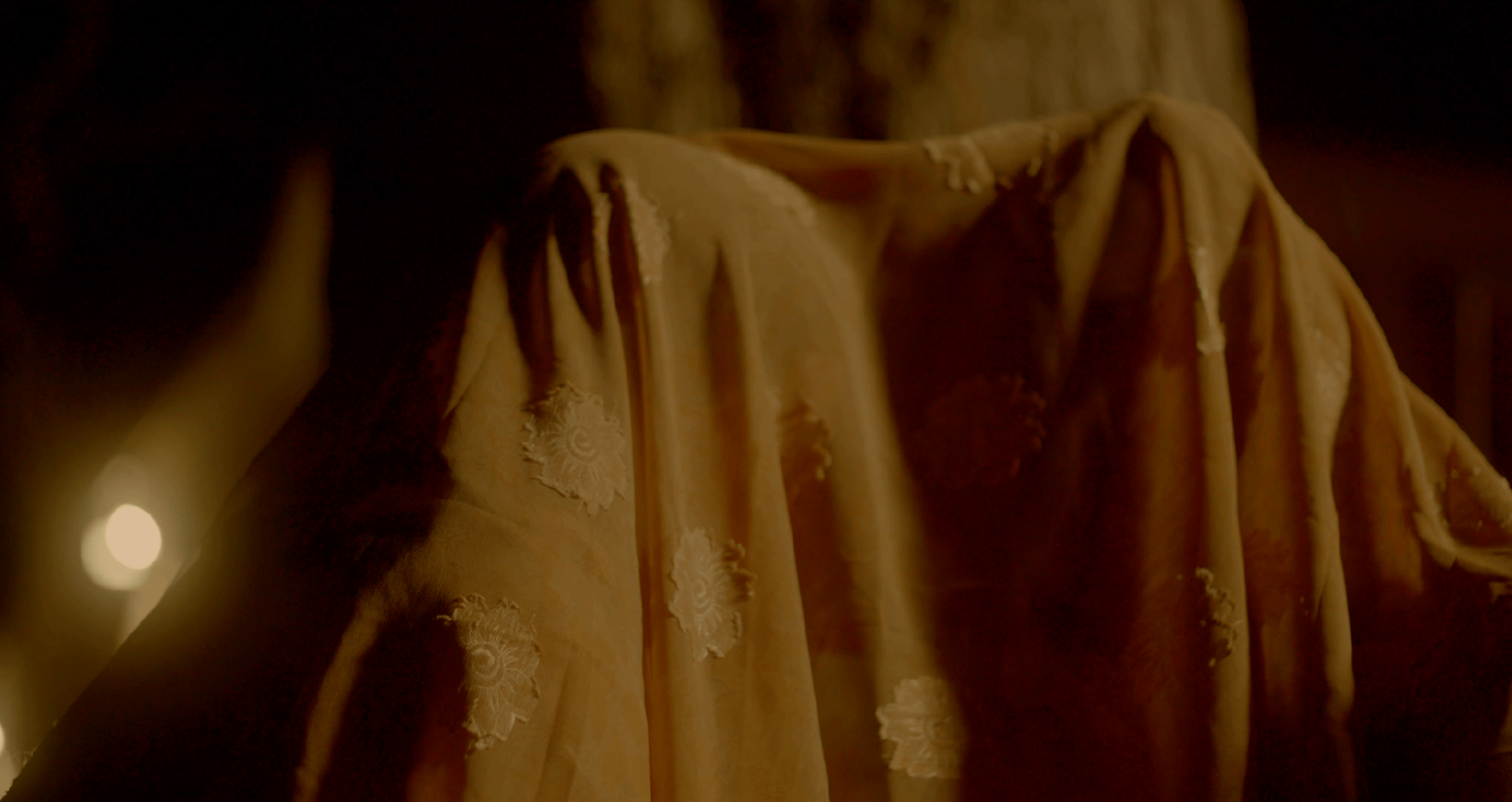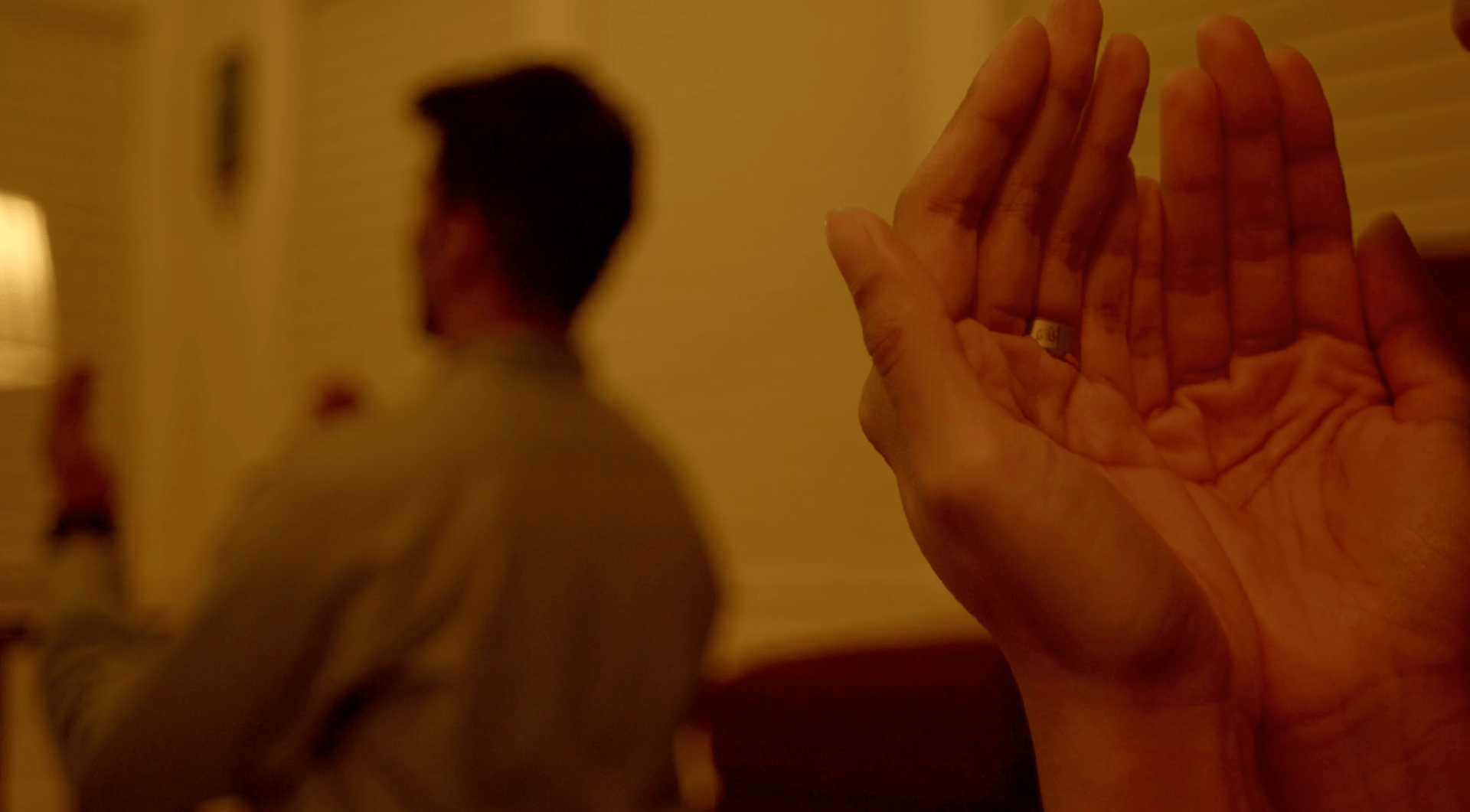
In the middle of top surgery, I was told I stopped breathing. In that hazy period between being slightly awake, but not sure if my tired body would ever come to life, I did see something. I remembered someone from my childhood moments after praying together. What I saw seemed fit and only possible to consider as a dream. Up until this point, I had been prepared to live my life away from the culture I grew up in. I had an attachment to some songs, but interacting with anyone I knew before my transition seemed too painful to imagine.
But I was fine with this image being the last one I had before I passed. It was a moment without judgement or being considered too different to fit in. I woke up and started listening to Bollywood songs. When I recovered from surgery, I experienced life while finally passing. I had the attention I wanted, but memories of the surgery intervened like intrusive thoughts and it affected how much I wanted to continue with my plans.
I eventually found out this person was getting married and I wasn’t invited. After all, it was twelve years since we met. Bullhe Shah was outcast by his family when he chose to study with Inayat. As part of the Syed family, Bullhe Shah’s lineage is tied to the Prophet Muhammad. Bullhe’s had written of his siblings thinking it beneath Bullhe to study with Inayat, a gardener and part of the Arian tribe. Bullhe Shah writes that his caste is of Inayat’s: “Those who have the swings in heaven laid for them.”
A few thoughts went through my mind and “Queer Khalifa” was born. I wrote a feature length version of the screenplay shortly after. It was a second rounder in the Austin Film Festival Screenplay in 2021 Competition and a semi-finalist in The Script Lab 2021 and Atlanta Film Festival Screenplay 2022 Competitions.
The short is a proof of concept for the feature, which one day arrive on the silver screen.
On the
Origin
Explore

